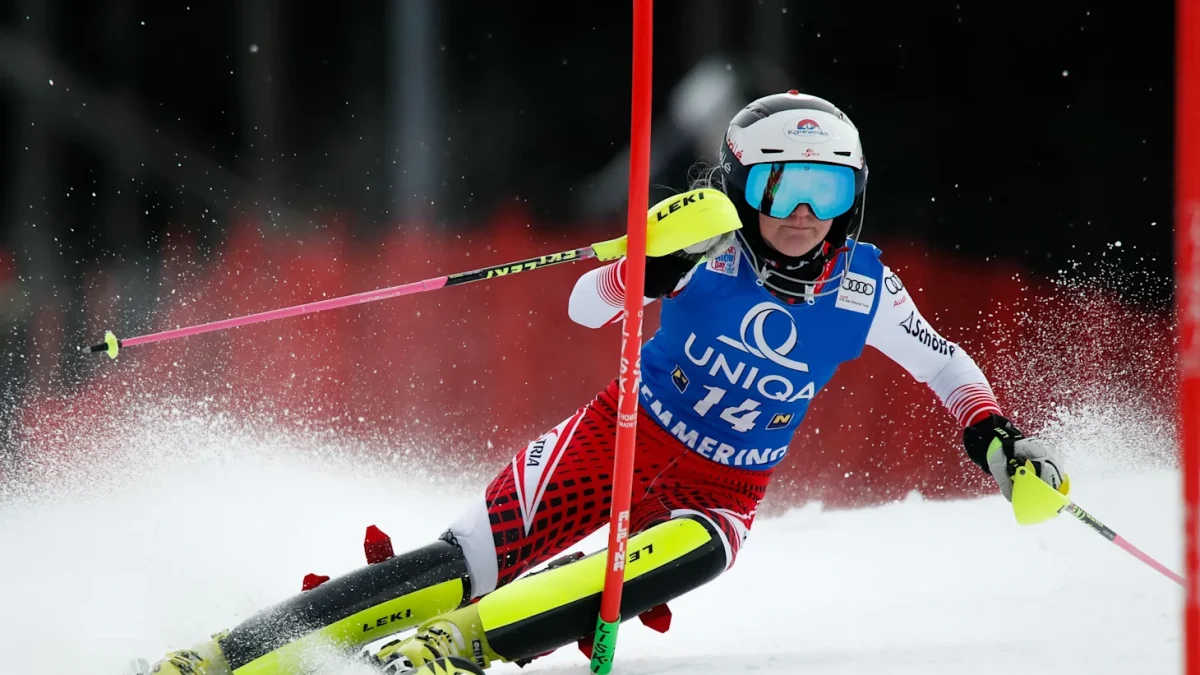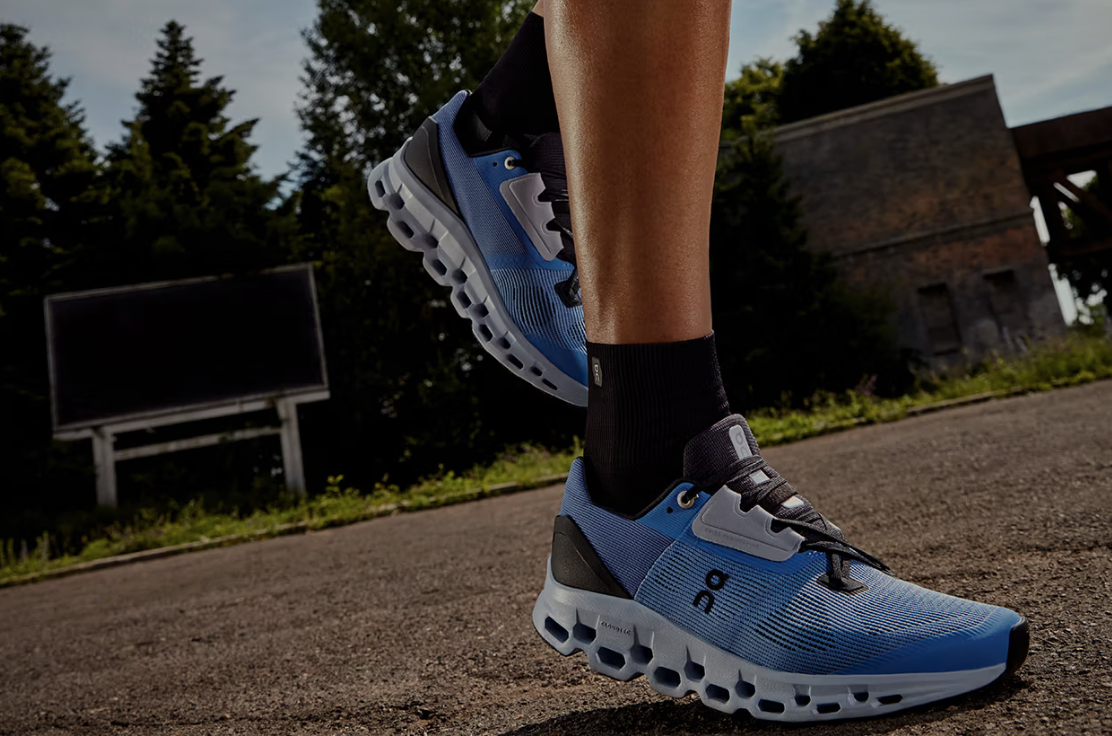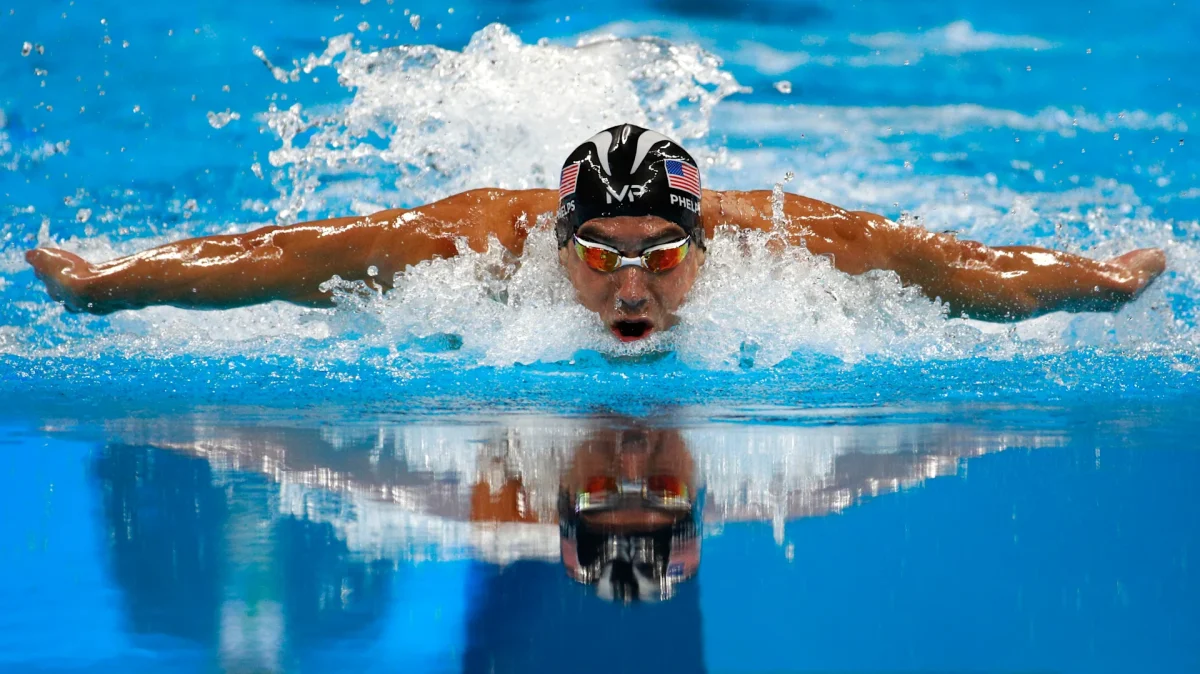Athletic Tapering is defined as “a progressive reduction in training load prior to athletic competition aiming to reduce fatigue while maintaining/enhancing training adaptations,” according to The National Institutes of Health. Basically, athletes continue to train as they normally would, only as time goes on, practices become shorter. Many endurance sports such as swimming and cross-country use tapering in order to perform better at their respective end-of-season meets. If tapering is done correctly, “athletes can expect to see a 0.5 to 6.0 percent increase in performance,” according to The National Strength and Conditioning Association.
“I feel like it is very important,” says freshman swimmer Axel Selseth, “because at the end of the season you want to finish hard and go as fast as possible to achieve your goals.”
In addition, there are many things that athletes should do outside of practicing their sport in order to ensure a successful taper; but what are the Dos and Don’ts of taper?
Dos:
-Reduce training load. As mentioned above, reducing an athlete’s training load allows the athlete to conserve energy in order to perform better at their competition.
-Sleep. Prioritizing sleep allows athletes to be rested and prepared for their competition.
-Eat well. Eating well and healthy allows athletes to take in the nutrients they need in order to perform the best they possibly can for their competition.
-Conserve energy. It is important that athletes stay away from straining activities during taper in order to conserve energy so that they can do better during their competition.
Don’ts:
-Lift weights. During taper, it is important to cut out all activities that require physical exertion in order to conserve energy.
-Break up or start a relationship. It is crucial to not do anything during taper that may cause stress in order to achieve success during competition.
-Stand. It is vital to sit or lie down if given the opportunity to in order to conserve energy.
-Do anything out of the ordinary. Breaking from one’s normal routine may cause stress which is harmful to a successful taper.
In conclusion, there are many things that athletes can do to ensure that they have a successful taper, enabling them to triumph in their sport.




































